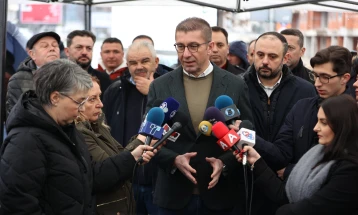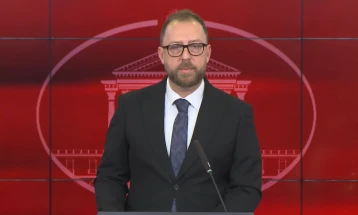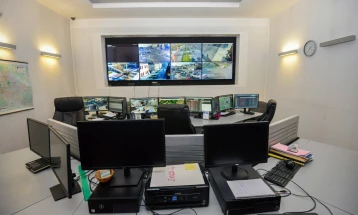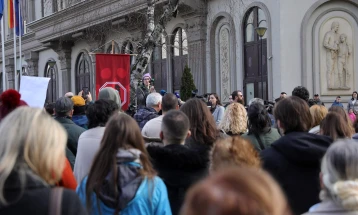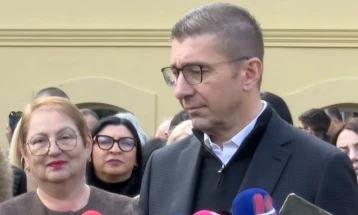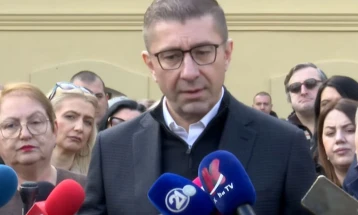Dimitrov: If EU cannot improve things on Balkans, it cannot do anything anywhere

Belgrade, 4 October 2021 (MIA) – If the EU cannot improve things on the Balkans then it cannot do anything anywhere – not in Syria, not in relations with other states – since it has the largest influence in this area in geographic, political and economic terms, Deputy PM for European Affairs Nikola Dimitrov told panel “EU-Western Balkans: What can we expect from the EU meeting in Slovenia?” within the Belgrade Economic Forum (BEF) on Monday, MIA reports from the Serbian capital.
“Balkans is not in the enlargement focus and not the most important issue in the minds of people in some of the more skeptical EU members. They have gone through series of crises in recent years, starting from the financial crisis, the Eurozone crisis, the migrant crisis, and the departure of one member-state. There is also the crisis of some members not believing that others fully respect the European values they had committed to, primarily regarding the rule of law, media independence etc. In such circumstances and seen from their own perspective, they look at the Balkans and say – these will either bring solutions or more problems,” said Deputy PM Dimitrov.
He is convinced that lack of engagement or leaving the Balkans on the sidelines would cost more than its Europeanization.
“A house cannot be functional if you have a room that is disconnected from all systems, this is not good for the house in general. If the Balkans is disconnected from united Europe, this is bad for Europe itself, both security, politics and value-wise. It would be far better if our policies were on the same line as theirs, if the rule of law prevails and democracies are strong in all six Balkan states,” added Dimitrov.
On the skepticism of some EU members to the Union’s enlargement, the Deputy PM said that if Europe does not see this as an opportunity to do something, then it will not do anything anywhere – not in Syria, not in relations with other states – since it has the largest influence in this area in geographic, political and economic terms.
“Both sides have respective tasks and responsibilities. The Union is faced with numerous challenges about the future of the European integration process, but its commitment to the region is crucial for its strengthening both internally and as a global actor. On the other hand, countries of the Western Balkans should provide specific arguments supporting their membership through the Europeanization process,” underlined Dimitrov.

